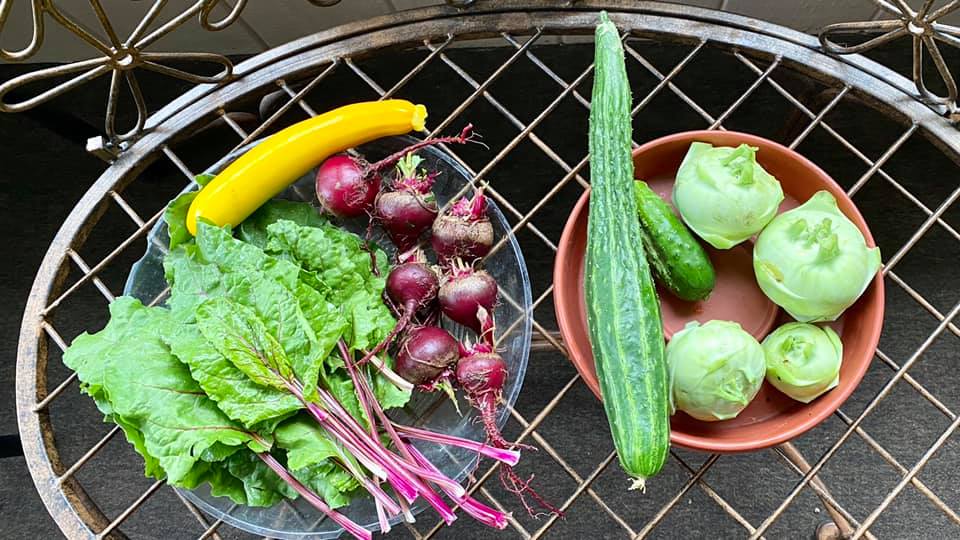By Jenny Gann – Loveland, Colorado … What day did God create the sun? The fourth day: He created it specifically before animals and humans. Was this by chance, or was there a purpose? He created the light on the first day, and he created plants before the sun, so he could have created animals and humans before the sun. However, I believe that the sun was created before animals and humans because we were designed to need the sun.
Did you know Colorado has almost 300 days of sunshine a year? Colorado is actually the sixth sunniest state in the United States. So, does enjoying all of this sunshine have any health benefits? Yes, it does have quite a few in fact.
Many of you have heard of the “sunshine vitamin” known as Vitamin D. Humans obtain most of their Vitamin D from sun exposure. Although you can obtain some Vitamin D from foods, the amount found in certain sea-foods, beef products, and egg yolks is insignificant compared to the quantity of Vitamin D our bodies require. Thankfully, God had a plan for this when he created us, so we did not have to eat animal products. Vitamin D is one of only two vitamins our body can actually produce itself. All it needs is a bit of sunshine. Just 10-30 minutes of sunshine per day provides your body with sufficient levels of Vitamin D. The amount of time you need is dependent on how sensitive your skin is to the sun. If you burn your skin, you have gotten too much, but those with darker skin may need a longer time for their skin to absorb the sunshine it needs to produce Vitamin D. It takes sun exposure equivalent to half the time it takes for your skin to burn for your body to produce sufficient Vitamin D for the day. You also absorb the sun best through skin that does not get as much light exposure.
How does Vitamin D help us? Why do we need it? Many people associate Vitamin D with bone health and that is very true. Vitamin D is responsible for absorbing calcium from our intestinal tracts and transporting it to our bones to create hard bones. However, Vitamin D also plays a very important role in our immune health.
Vitamin D mobilizes our bodies’ T cells which are our bodies defense against germs; they destroy infected cells in our bodies keeping us healthy. You can think of them like a cat stalking prey. They sit and wait for their prey and then pounce on it, killing it. However, in order to do this, they have to mobilize. A cat who moves very slowly will not get the prey and T cells that move slowly will not get to the infected cells to destroy them. Here is where Vitamin D comes into play. Vitamin D keeps T cells moving faster so they can get to more infected cells quicker resulting in more death of infected cells and a healthier body.
Another great benefit of the sun is improved mood. Exposure to the sun increases your body’s production of serotonin. Serotonin is a neurotransmitter, or chemical messenger, that gives your brain the signal, ‘don’t worry, be happy.’ It provides a feel-good message to your brain and this boosts your mood.
There are also direct correlations between mood and health. People who are ‘happier’ by and large tend to be healthier with less illnesses. So do your body a favor and enjoy some time with the Son in the sun today!
–Jenny Gann, RN, OTR/L is Campion Academy Nurse; photo supplied


